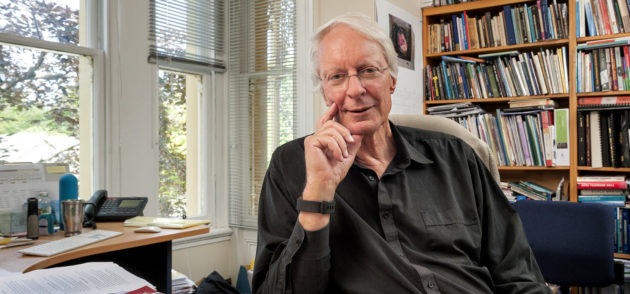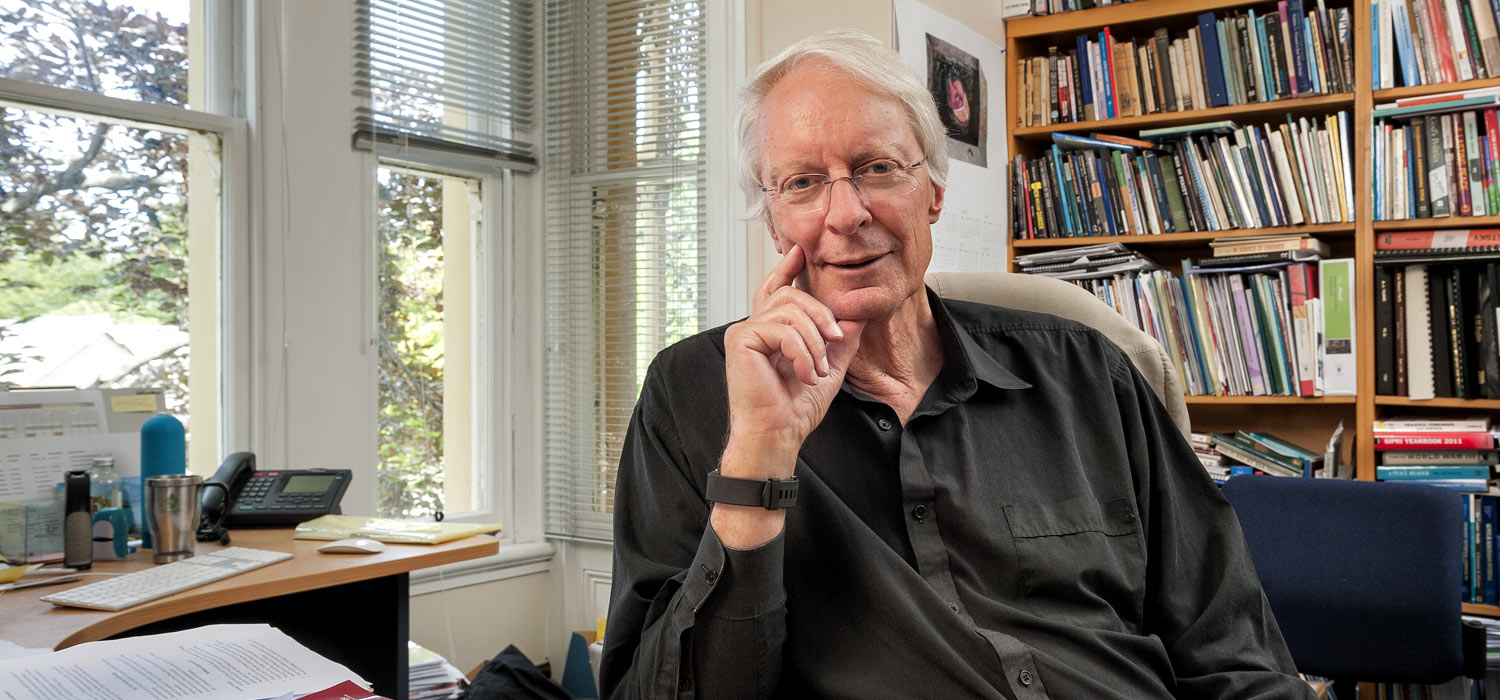Yesterday I shared with you all an e-mail from Otago University academics, Kevin Clements and Kieran Ford. They wanted to interview our team members and felt that our “participation would make a fantastic contribution to the project.” We disagreed and thanks to our amazing research team, AKA Sally we were able to provide readers with some evidence as to why communicating with these two would be a very bad idea.
Given the similar timing of Karl du Fresne’s article about Otago academics, I can only wonder if he too was the recipient of an e-mail desiring his participation?
His headline let us know straight away that we were in for a treat.
Otago’s academics know what’s best for us, so let’s put them in charge
The thought often occurs to me that New Zealand could save itself a whole lot of money and political argy-bargy by simply handing over the governance of the country to the academics of Otago University.
They know exactly what needs to be done. They never tire of telling us. Barely a week passes without one of their number pointing how simple it would be, using regulatory tools, to create a Utopia here in our remote corner of the Pacific.
If only we listened to their advice, New Zealand would be a fairer, safer, healthier and more equal society. (Not freer, though, because freedom can get in the way of Utopian visions and must be strictly controlled by people who know what’s best for us.)
For starters, if we listened to the Otago academics, we wouldn’t be a nation of drunks and fatties. Marketers of alcohol and unhealthy food would be made to stand in the naughty corner. But alas, we’re all at the mercy of greedy, manipulative capitalists and politicians who are too cowardly, or possibly venal, to do the right thing.

[…] Another tireless moral crusader is Professor Kevin Clements, who is described on the Otago University website as the founding director of the National Centre for Peace and Conflict Studies. (One of the things universities do very well, along with generous sabbaticals, mutual back-scratching through academic exchanges and endless rounds of taxpayer-funded international conferences, is the creation of grandly titled institutes for the pursuit of ideological hobby-horses.)
karldufresne.blogspot.com
One of Clements’ shticks is gun control, so it was no surprise when he popped up at the weekend in a radio report about the government’s gun buyback programme. He told the Australian Broadcasting Corporation that New Zealanders own twice as many firearms per capita as Australians and six times as many as Britons, “so on a per capita basis New Zealand is a fairly overgunned society” – the clear implication being that we’re dangerously addicted to firearms and for our own safety, we need much stricter controls.
But hang on a minute. Surely the crucial consideration is not how many guns New Zealanders own, but how often they are used to kill people or commit other criminal acts. That’s what matters.
Here the statistics are interesting. Wikipedia, which publishes what appear to be reputable figures on gun ownership and related crime, confirms that New Zealand has a high rate of gun ownership, as you’d expect in a country with a substantial rural population and a large hunting community.
But while we own 30 firearms per 100 people, which is high by world standards, our rate of firearm-related deaths (including suicides) is low: 1.07 per 100,000.
The figures make it clear there is little or no co-relation between gun ownership and deaths caused by firearms, other than, perhaps, in the US, where there are 120 firearms per 100 people and 19.5 gun-related fatalities per 100,000.
Australia has 14 guns per 100 people – half as many as New Zealand, as Clements said; yet its firearms-related death rate, at 1.04, is only microscopically lower than ours. Other comparisons can be made with Norway (31 guns per 100 people, 1.75 deaths per 100,000), Switzerland (24 guns per 100, 3.01 deaths per 100,000) and Canada (25 guns per 100, 2.05 deaths per 100,000). In other words, despite Clement’s alarmist pronouncement, New Zealand measures up very favourably.
On the other hand, Venezuela has a much lower rate of reported gun ownership than New Zealand (18 per 100 people) yet a death rate even higher than that of the US, at 26.48 per 100,000. And then there’s El Salvador, often described as the world’s most dangerous country: 12 guns per 100 people, 44.45 deaths per 100,000.
Even allowing for the possibility that statistics from some of these countries may not be totally reliable, it’s clear that firearm ownership figures on their own, such as those cited by Clements, are virtually meaningless. I wonder, does it ever occur to credulous journalists, most of whom have university degrees so have presumably been taught critical thinking, to challenge supposed experts over the simplistic and misleading use of statistics?
Evidently not. They have been ideologically programmed not to challenge the left-wing orthodoxy that prevails in universities, where indoctrination and conformist group-think have supplanted intellectual inquiry and academic rigour.
[…] just think how much simpler life would be if academics were given the power to rule us. The great appeal of their regulatory prescriptions for society is that they don’t have to be weighed against public opinion or put to the test in the real world. Neither are academics bothered by inconvenient notions such as the right of individuals to make their own choices about how they live, all of which can make parliamentary democracy untidy and quarrelsome.
Academics aren’t constrained by accountability either, because they don’t have to answer to anyone.[…]

